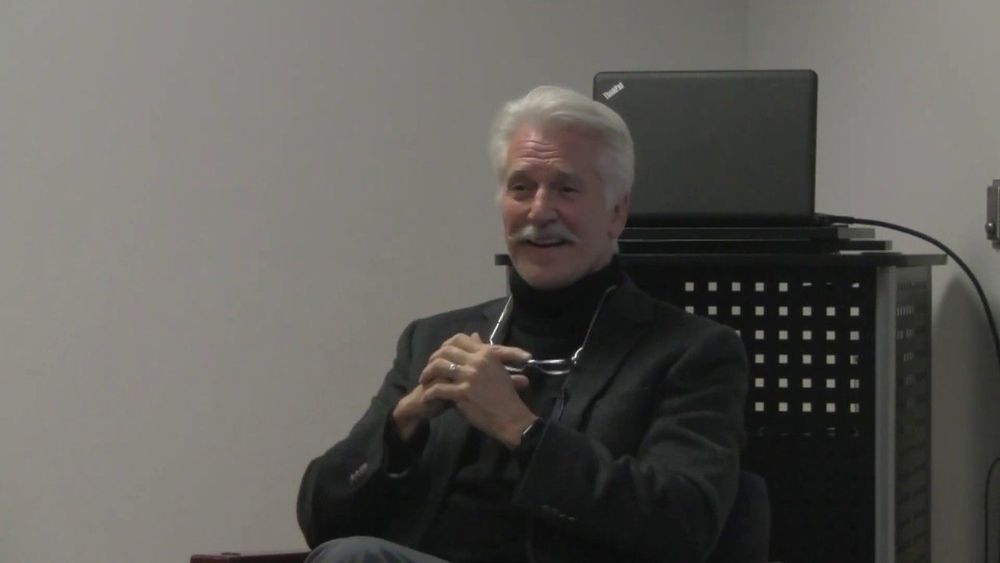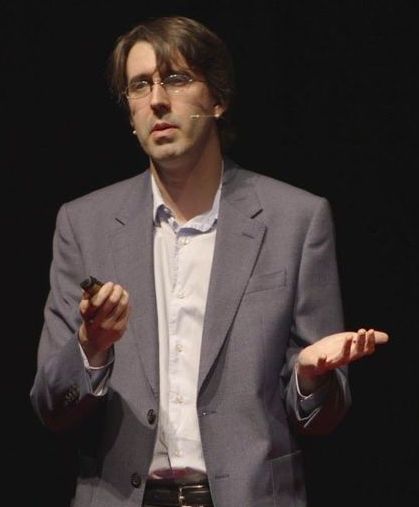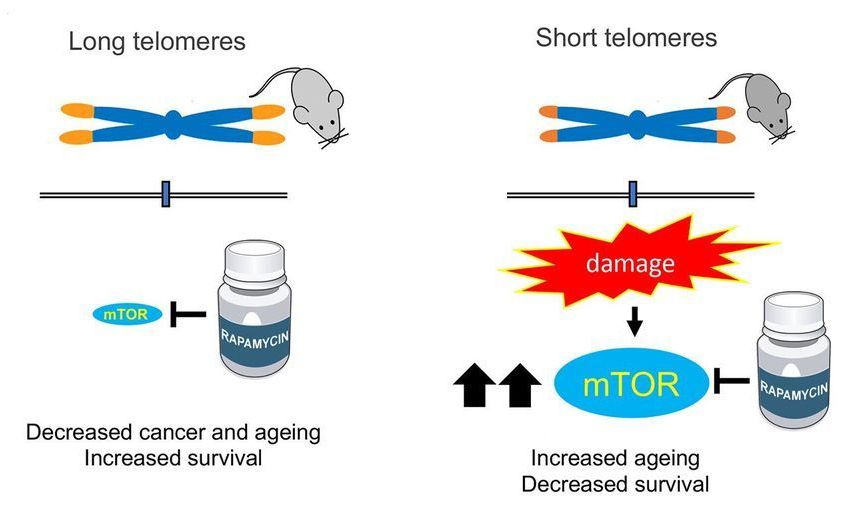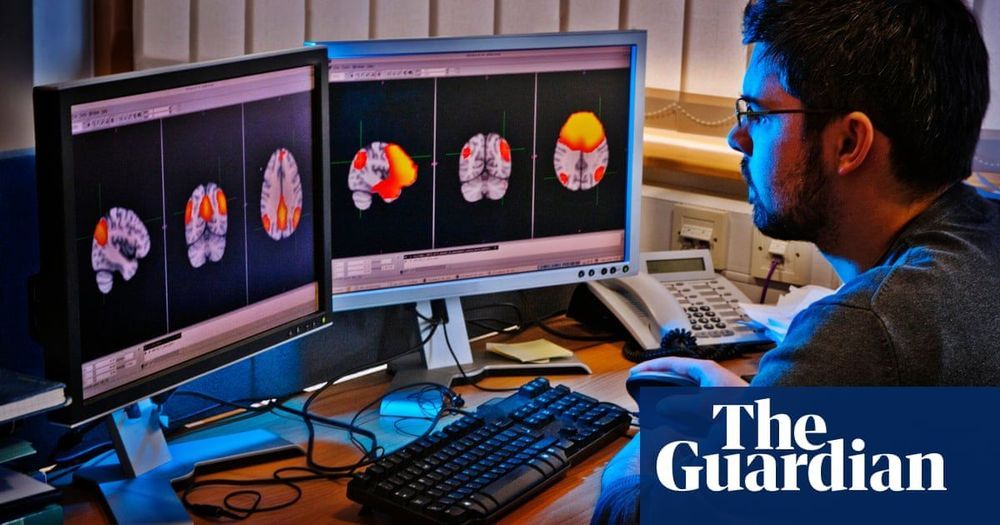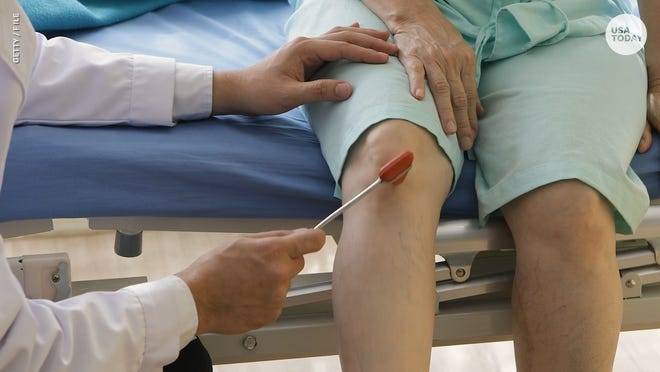
DARPA has established a new partnership with U.S. industry to jointly develop and deploy advanced robotic capabilities in space. The agency has signed an Other Transactions for Prototypes agreement with Space Logistics, LLC, a wholly-owned subsidiary of Northrop Grumman Corporation, as its commercial partner for the Robotic Servicing of Geosynchronous Satellites (RSGS) program.
The RSGS program’s objective is to create a dexterous robotic operational capability in geosynchronous orbit that can extend satellite life spans, enhance resilience, and improve reliability for current U.S. space infrastructure. The first step is the RSGS program’s development of a dexterous robotic servicer, which a commercial enterprise will then operate.
“DARPA remains committed to a commercial partnership for the execution of the RSGS mission,” said Dr. Michael Leahy, director of DARPA’s Tactical Technology Office. “Building upon the successes of the DARPA Orbital Express mission and the recent successful docking of Space Logistics’ Mission Extension Vehicle-1, the agency seeks to bring dexterous on-orbit servicing to spacecraft in geosynchronous orbit (GEO), and to establish that inspection, repair, life extension, and improvement of our valuable GEO assets can be made possible and even routine.”
